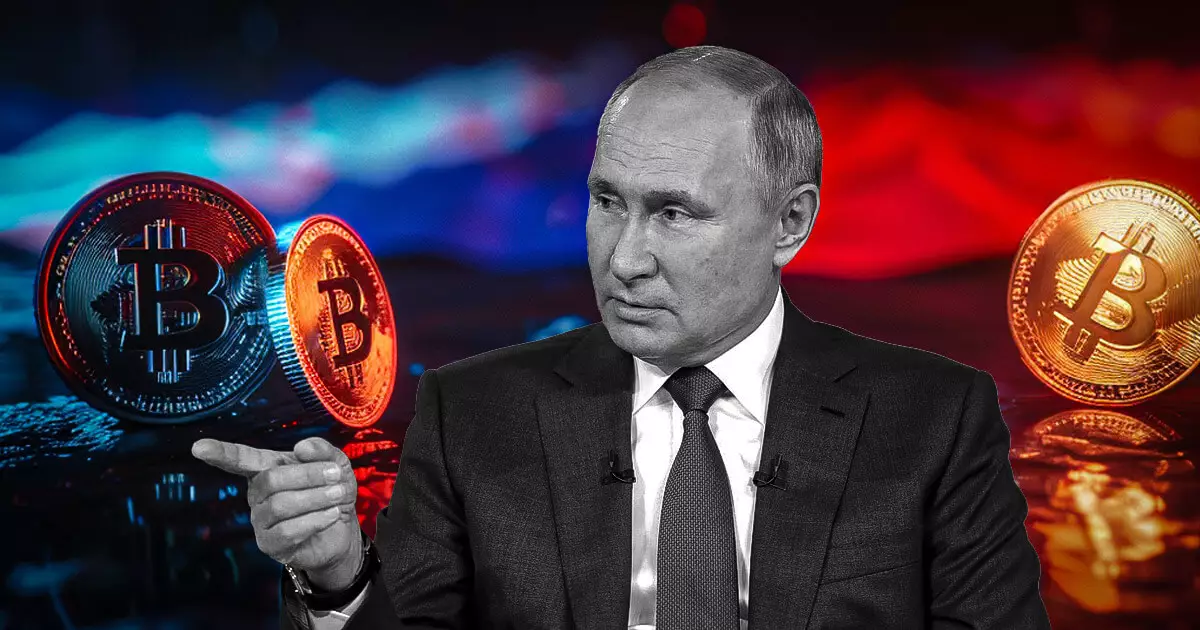In a bold assertion at the Investment Forum held in Moscow on December 4, Russian President Vladimir Putin declared Bitcoin and digital currencies as unavoidable elements of modern finance. He emphasized that these cryptocurrencies could serve as vital instruments to reduce inefficiencies in the financial system and bolster overall economic stability. His stance marks a significant departure from traditional financial practices as he pitched Bitcoin as a viable competitor against the longstanding dominance of the US dollar.
Putin’s remarks reflected his criticism of the United States and its use of the dollar as a geopolitical weapon. He highlighted how the US government’s control over the dollar has turned into a means to dictate terms globally, thereby alienating countries that find themselves manipulated by these fiscal barriers. A poignant example he cited is the freezing of approximately $300 billion in Russian reserves following the onset of the Ukraine conflict in 2022, which he claims underscores the vulnerabilities associated with reliance on a single currency. Such actions have prompted nations to seek alternatives beyond the reach of US influence, with Bitcoin emerging as a frontrunner.
Further solidifying this pivot towards digital currencies, Russia has enacted recent legislation recognizing cryptocurrencies as property. This law not only lays the groundwork for more favorable tax conditions for digital transactions but also exempts crypto mining from value-added tax (VAT). Through this legal endorsement, Russia is clearly signaling its commitment to embracing cryptocurrency, reflecting an adaptive economic strategy designed to withstand external financial pressure.
As global tensions rise, cryptocurrencies have portrayed their capacity to navigate financial sanctions effectively. In the ongoing Ukraine crisis, individuals on both sides have increasingly resorted to digital currencies to maintain economic activities despite conventional banking disruptions. This situation underscores the resilience and flexibility of cryptocurrencies in times of geopolitical strife, further pushing nations to reconsider their financial infrastructures.
Recent discussions among member nations of BRICS also catered to the rising possibilities that digital currencies offer in facilitating seamless cross-border transactions. These conversations hint at a future wherein cryptocurrencies could challenge the supremacy of traditional financial institutions, thereby reshaping the global financial landscape.
Putin’s strong backing of Bitcoin stands in contrast to potential changes in the United States’ regulatory environment. With an incoming administration that seems poised to embrace cryptocurrency, the dynamic around Bitcoin could shift significantly, leading to more progressive cryptocurrency policies that may influence other nations’ stances. The juxtaposition between Russia’s proactive measures and America’s evolving approach affirms a notable divergence in how leading powers perceive the future of digital finance, signaling an impending transformation that could redefine economic relationships worldwide.


Leave a Reply